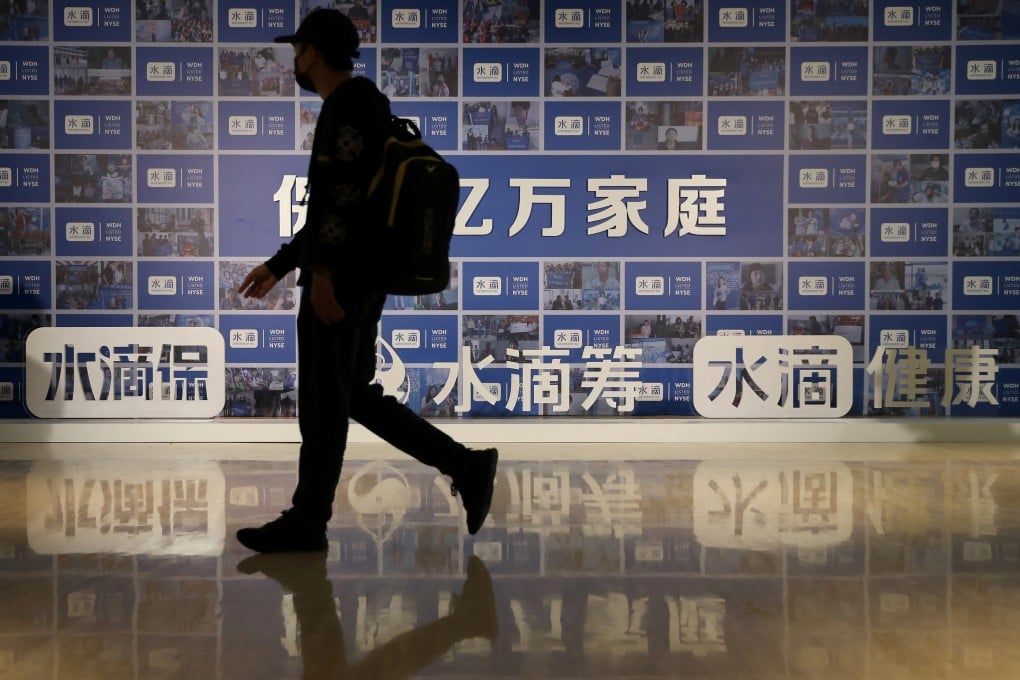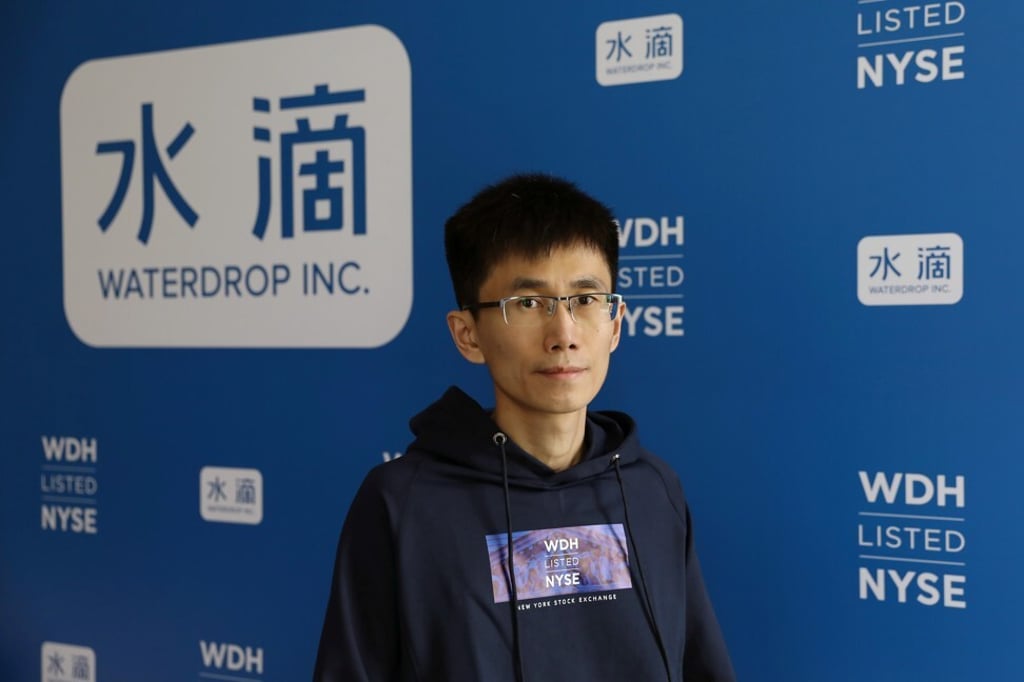Advertisement
Tencent-backed online insurer Waterdrop seeks to widen health policy coverage for China’s poor, founder says
- Waterdrop founder Shen Peng said the company aims to serve as the ‘Pinduoduo’ of the country’s health insurance market
- The company raised US$360 million from its IPO in New York amid questions about its business model and profitability
Reading Time:2 minutes
Why you can trust SCMP
1

Tencent Holdings-backed online insurance technology firm Waterdrop, which raised US$360 million from its initial public offering in New York last week, plans to sharpen its focus on providing health policy coverage to the underserved population in China’s small cities and rural areas, according to company founder Shen Peng.
Shen, who also serves as Waterdrop’s chief executive, told the South China Morning Post in an interview in Beijing that the company is “digging into demand [for health insurance policies]” in China’s low-tier cities and rural areas, where consumers prefer low-premium coverage. It is an initiative comparable to the strategy of e-commerce giant Pinduduo, which had 788.4 million annual active buyers in 2020 on the back of online retail sales growth in small cities and towns across China.
“It’s a pretty good analogy of our business,” Shen said, referring to Pinduoduo.
Advertisement
“In a major Chinese city, a typical insurance policy buyer may pay premium on an annual basis or make one payment for a couple of years,” he said. “But in China’s third- or fourth-tier cities, a typical consumer may prefer a monthly premium payment.”

Advertisement
Waterdrop, with a market capitalisation at about US$4.5 billion, saw its shares tumble nearly 20 per cent on its trading debut at the New York Stock Exchange on Friday. The company’s share price closed at US$9.70 that day, below its US$12 IPO price.
Backed by both internet giant Tencent and on-demand services market leader Meituan, Waterdrop’s business strategy reflects how China’s vast rural online population is now big enough to drive growth for internet companies, compared with heated competition and slower growth in first-tier cities such as Beijing, Shanghai and Shenzhen.
Advertisement
Select Voice
Select Speed
1.00x